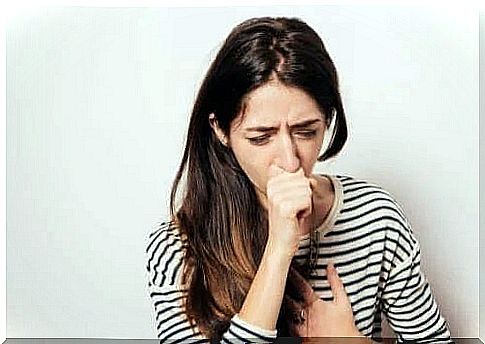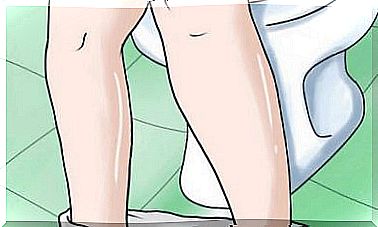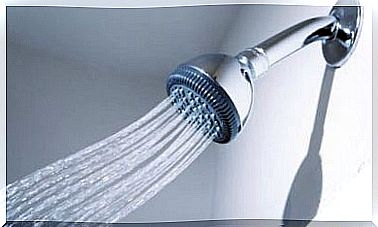The Effects Of Humidity On Human Health

Moisture directly affects the number of allergens and microorganisms in the environment. High humidity causes the development of mites and mold. Therefore, people with allergies may suffer. In the following, we will analyze the consequences and effects of humidity on health.
Even people without allergies can suffer from the effects of humidity when levels are too high. After all, we all know that no one likes the sticky heat. Have you ever wondered why the hot, humid air makes us feel so uncomfortable? Also, why do we even bother with extremely dry air?
It is important to keep humidity levels within a certain range so that we are not affected by extremes. It’s not just about keeping allergies under control, it’s also a matter of safety. Next, we will discuss this topic in detail.
The effects of high humidity on human health

One of the reasons why the humidity makes the hot weather unbearable is that the higher the humidity, the more the temperature is felt. When you are in a humid place, you may think it is even warmer, even if the temperature is at a bearable level.
However, why does humidity make us feel so bad? To understand this, you need to know how the body cools down and regulates its temperature.
Sweating is one of the body’s cooling mechanisms. However, perspiration works to cool us if the water leaves the skin and evaporates.
This is where the humidity comes in. The concentration of water in the air in relation to the temperature determines how quickly the water can evaporate from the skin. When the air is wetter, it is more difficult for it to absorb perspiration from the skin.
The outcome?
We sweat and sweat, but instead of feeling relieved, we feel hot and sticky. If high humidity affects the cooling capacity of perspiration, the body must cool in other ways. If the sweat doesn’t work to cool us down, we start to overheat. Therefore, we lose water and salt, which the body needs. Overheating and sunstroke can lead to dehydration and chemical imbalances in the body.
If the overheating is severe, it can cause:
- Heat-stroke
The main way to avoid overheating is to take into account both the temperature and the humidity index. It is important to drink plenty of water, not to do too much physical activity and to cool down when you notice fatigue or an increase in heart rate. The drier the air, the faster the body will cool down. In addition to creating a more comfortable environment, allergens will also decrease. Allergens usually thrive in hot and humid conditions.
The effects of low humidity on human health

High or low humidity can have negative consequences for the body. Remember that the relative humidity depends on the temperature. These two factors are connected, and changing one affects the other. In general, humidity between 35% and 50% is ideal. This helps the body to function normally. In addition, it prevents the development of allergens, such as mites and mold.
Retaining all this information will give you a better understanding of how the body works in relation to the environment. In this way, you can do everything in your power to prevent the effects of humidity on your health.









